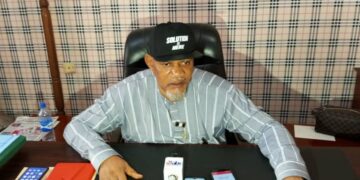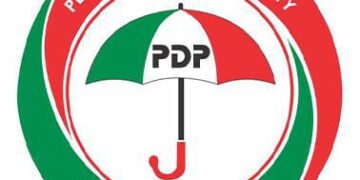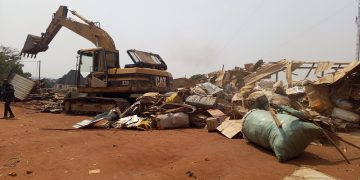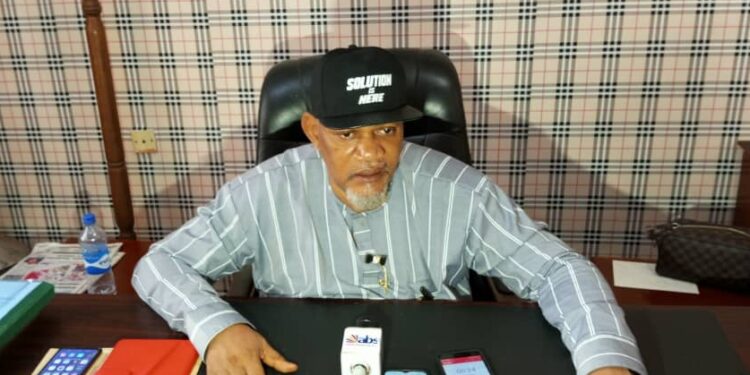Anambra Gov’t To Set Up Committee On Petroleum Downstream Monitoring
The Anambra government has said that the State government would set up a committee to monitor activities filling stations in the state.
Mr Anthony Ifeanya, Commissioner for Petroleum and Mineral Resources in Anambra said this through Mr Obiorah Anthony his media aide in Awka on Sunday.
He said he had informed leadership of Independent Petroleum Marketers of Nigeria (IPMAN) of the proposal during their meeting last week but was awaiting the approval of the governor
According to him ,the Ministry is waiting for Gov. Chukwuma Soludo’s approval to constitute committees on surveillance for monitoring of the activities of the Petroleum Dealers in state.
“The committee will also checkmate the issue of importation of adulterated products into the state as well as regulate the activities of black petroleum marketers in the state,” he said.
Ifeanya urged marketers in the state to refrain from effecting increase in pump pump price arbitrarily but protect the unsuspecting customer in the state.
He said they should maintain the official fuel pump price of N165 per litre in the state and avoid using the opportunity of what that was happening elsewhere in the country to exploit the customers, noting that it would worsen the already bad economy.
The Commissioner also warned against circulation of adulterated for profit reasons while endangering luves and property due to its inherent dangers.
“Indiscriminate increase on the prices of petroleum products in the country and Anambra in particular will definitely affect the transport system , economy and every other sectors of human endeavour in the state,” he said.
Responding, Mr Chinedu Anyaso, chairman of IPMAN, Enugu Depot Community said the increase in the of price petroleum products was orchestrated by the prevailing circumstances in the sector.
Anyaso who was joined by Chief Cletus Obiokafor, chairkan of marketers in Anambra said the sector was highly competitive and marketers were selling at the cheapest prices possible for them to remain in business.
He said there was twin problems of scarcity and price increases at the depots and that they relied on private depots outside the Southeast for sourcing of product as there was no functional one in the zone.




































